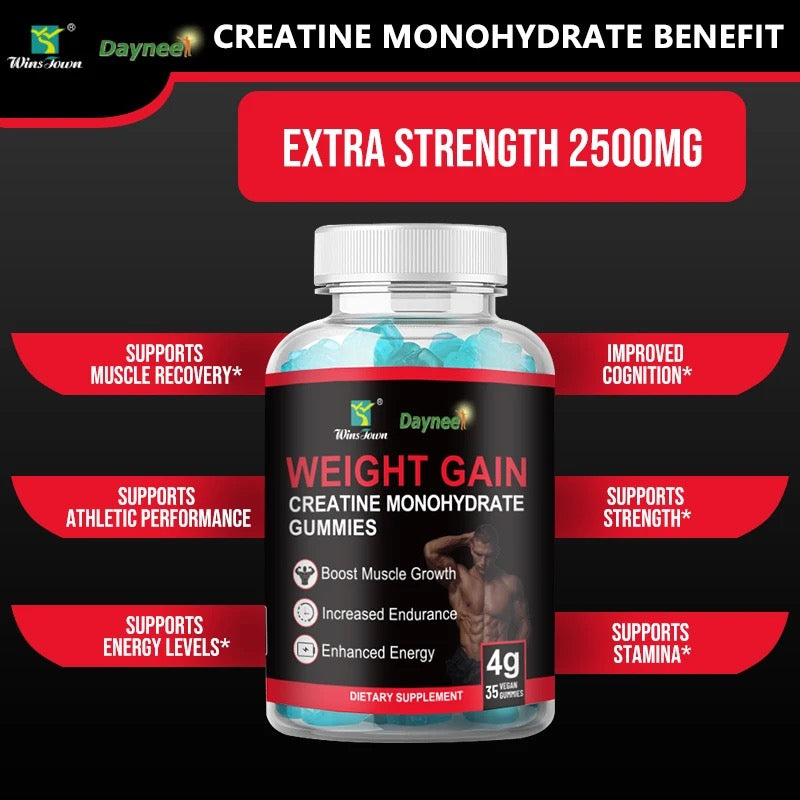The smart Trick of Creatine Monohydrate That Nobody is Talking About
Table of ContentsWhat Does Creatine Monohydrate Mean?The Definitive Guide to Creatine MonohydrateThe Main Principles Of Creatine Monohydrate
The writers acknowledge a risk of prejudice with the study layouts due to a need for more quality over randomization with virtually all studies consisted of. Just three of the nineteen studies thoroughly described the evaluation of VO2 max.
If weight gain via fluid retention is a concern, quit taking creatine 1-2 weeks prior to competing to balance out fluid retention while keeping boosted creatine shops. Some people experience intestinal discomfort when taking creatine, such as bloating, cramping, or diarrhea.
It's recommended to utilize it in powder form. Issues about the lasting results of creatine monohydrate supplementation on renal (kidney) function have actually been increased. Nevertheless, studies done by the International Culture of Sports Nourishment and Sports Medicine program that temporary and long-lasting use creatine monohydrate within advised dosages doesn't take the chance of renal function in healthy and balanced individuals.
The Facts About Creatine Monohydrate Revealed
None of the research studies explored triathletes. The negative effects reported in the studies connected to weight gain. As mentioned, the majority of the researches used a higher-dose loading method (20g+/ day) in a brief period that can be balanced out and avoided through a reduced dosage (such as 5g/day) for an extensive period.

Allow's look at the primary benefits of creatine monohydrate. There is solid, trusted study showing that creatine enhances health and wellness. Insurmountable evidence supports enhancing lean check this muscular tissue mass, enhancing toughness and power, adding repetitions, reducing time to fatigue, improving hydration standing, and benefiting brain health and feature. Every one of these advantages will incrementally reward your health and wellness and enhance your "healthspan" as you age.
The majority of creatine is kept in the skeletal muscles in a type recognized
as phosphocreatine, or creatine phosphate. Creatine aids in the manufacturing of adenosine triphosphate, or ATP. Also if they never raised a barbell, they would certainly still profit from creatine supplementation.
 Barret Oliver Then & Now!
Barret Oliver Then & Now! Ashley Johnson Then & Now!
Ashley Johnson Then & Now! Danielle Fishel Then & Now!
Danielle Fishel Then & Now! James Van Der Beek Then & Now!
James Van Der Beek Then & Now! Megyn Kelly Then & Now!
Megyn Kelly Then & Now!